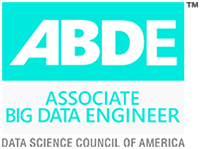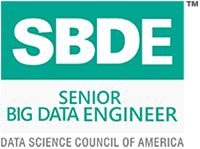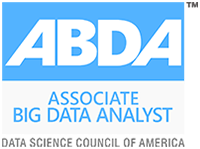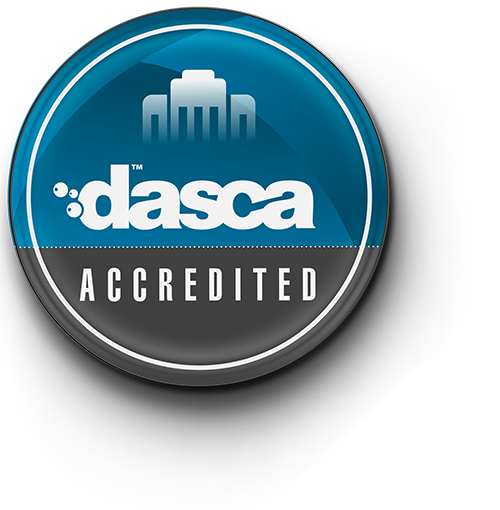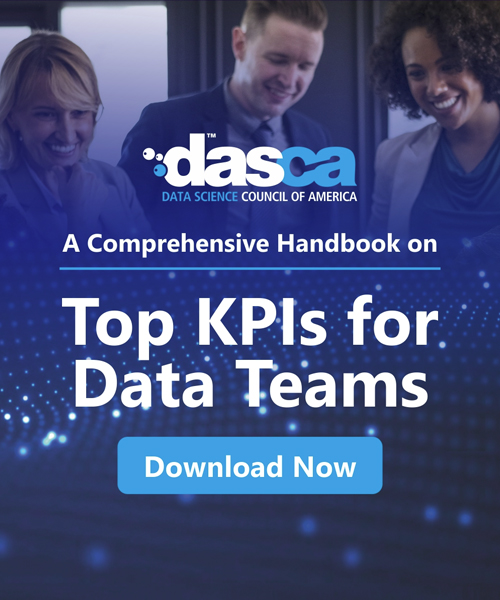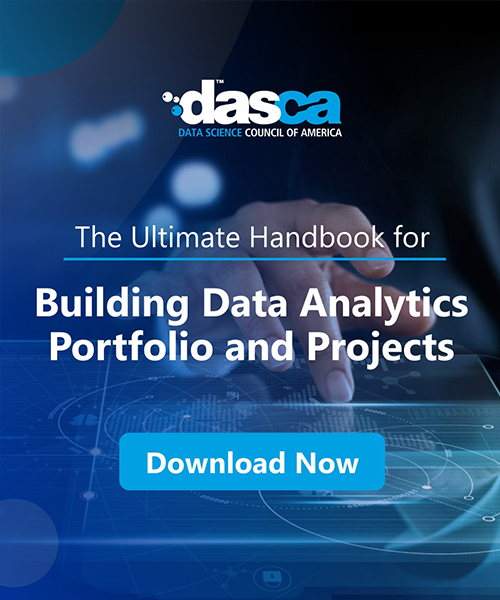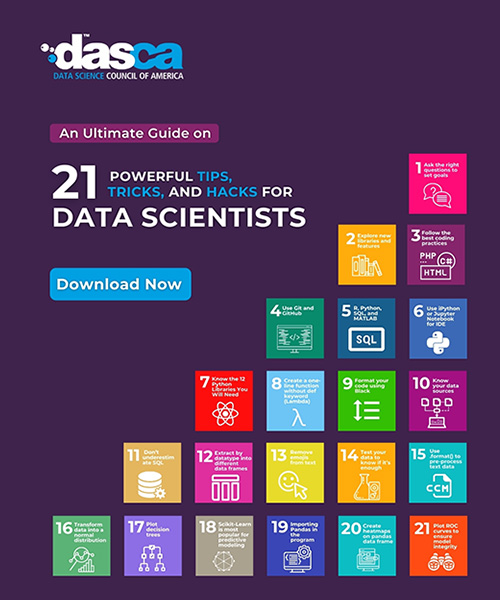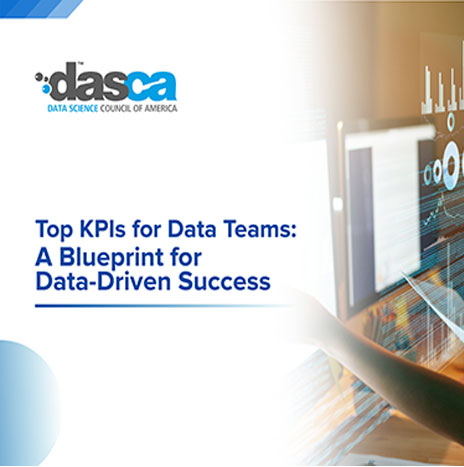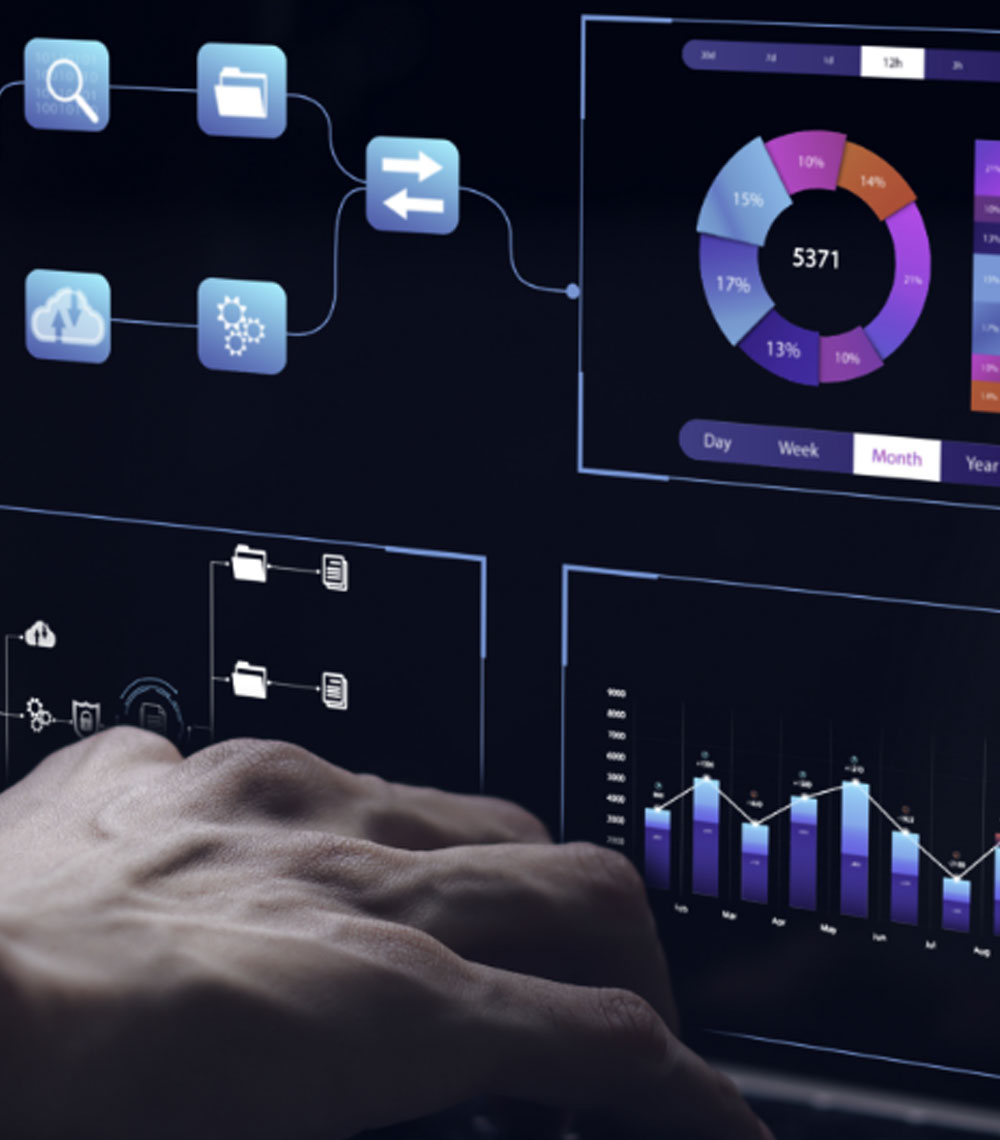
Data on its own is mush – Data Science professionals create value out of it. But it’s easier said than done. Even Data Science construct needs continuous thought and refinement to provide focused, accurate, and substantial insights.
When almost everyone out there is extracting and using the same data, how you use it creates all the difference.
This is what Data Scientists do. Armed with crisp, deep insights and a razor-sharp focus, they are the perfect allies for visionaries and business stakeholders who depend more on them with every passing day. In 2019, Glassdoor rated ‘Data Scientist’ as the best job in the US and LinkedIn topped it in its Top 10 Jobs list. The same year, the demand for Data Scientists shot up by 32 percent.
With COVID-19 and other economic uncertainties pressing businesses to up their strategies, soon this number will shoot up further in 2020.
The Role of a Data ScientistData Scientists create machine learning tools and processes for the organization. These may include recommendation engines or automated lead scoring systems. They design, develop, and deploy the best solutions for their business and help stakeholders draw insights from them. As they oversee the work of both Data Engineers and Data Analysts, they are expected to know about these roles as well.
“Data Scientists know more about statistics than any software developer, and know more about software development than any statistician.” Josh Wills, Director, Slack
A Data Scientist’s workday includes:
- Advising companies on their data potential
- Gaining new insights and transforming those insights into business goals
- Developing new solutions that improve business performance: To do this, they use advanced statistical analysis, data visualization, and data mining technologies.
According to KDnuggets, Data Scientists have:
- A job score of 4.7/10
- A job satisfaction level rating of 4.3/10
- A career advancement score of 9/10
- YOY job openings’ growth of 56%
On an average, Data Scientists earn 36% higher base salaries than their predictive analytics’ peers. To get more insights on salaries, check the salary monitor on DASCA’s insight page.
The SDS Credential – The Surest Route to A Data Scientist RoleData Scientists need to build longer–lasting sets of skills and a more penetrative Big Data perspective. With DASCA’s Essential Knowledge Framework (DASCA-EKF™), aspirants develop a strong and complete generic as well as platform-based understanding of the concepts, principles, tools, techniques, and technologies of designing, developing, and applying analytics frameworks. They develop sharper information management and decision-making skills.
DASCA has a global presence and recognition. It conducts training exams across 183+ countries and its credentials validate professionals in 60+ industry-critical knowledge vectors. One out of four Data Science certified professionals is leading Data Science projects, and 70 percent of DASCA-certified professionals either switch jobs or get promoted within eight months of getting certified.
6 Reasons why DASCA certifications are popular: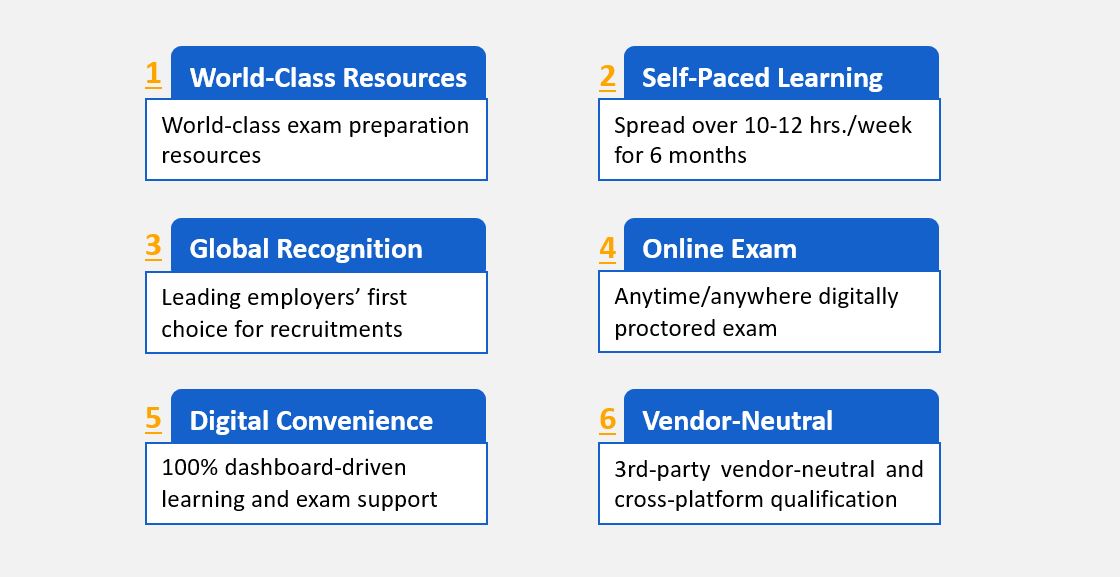
MIT cosmologist Max Tegmark says: “The universe is a mathematical structure.”
Data Science proves his assertion is not far from the truth. The days of iterations and random successes are well past us. Data Science can now give us concrete answers and directions even for complex behavioral questions that might have perplexed Sigmund Freud. And Data Scientists are leading this change.






